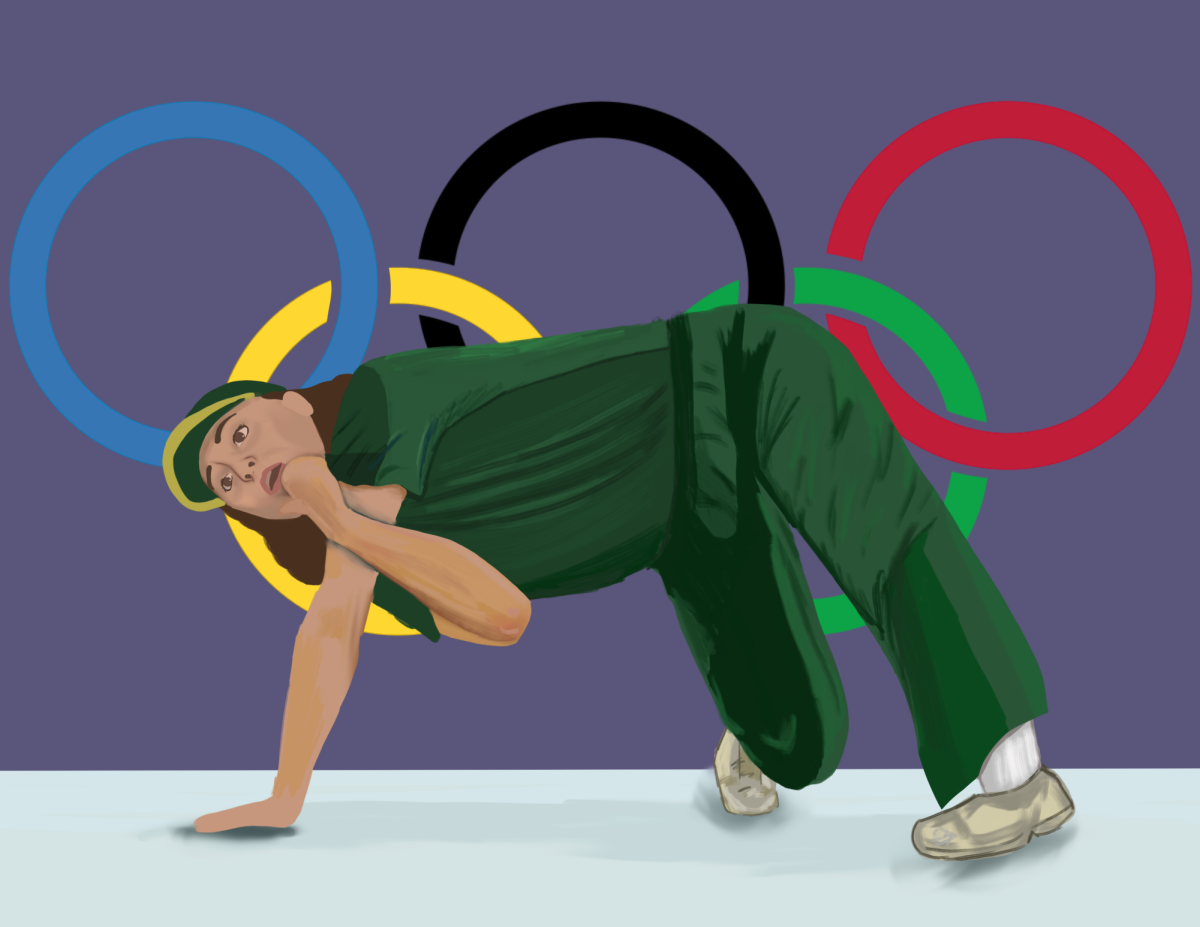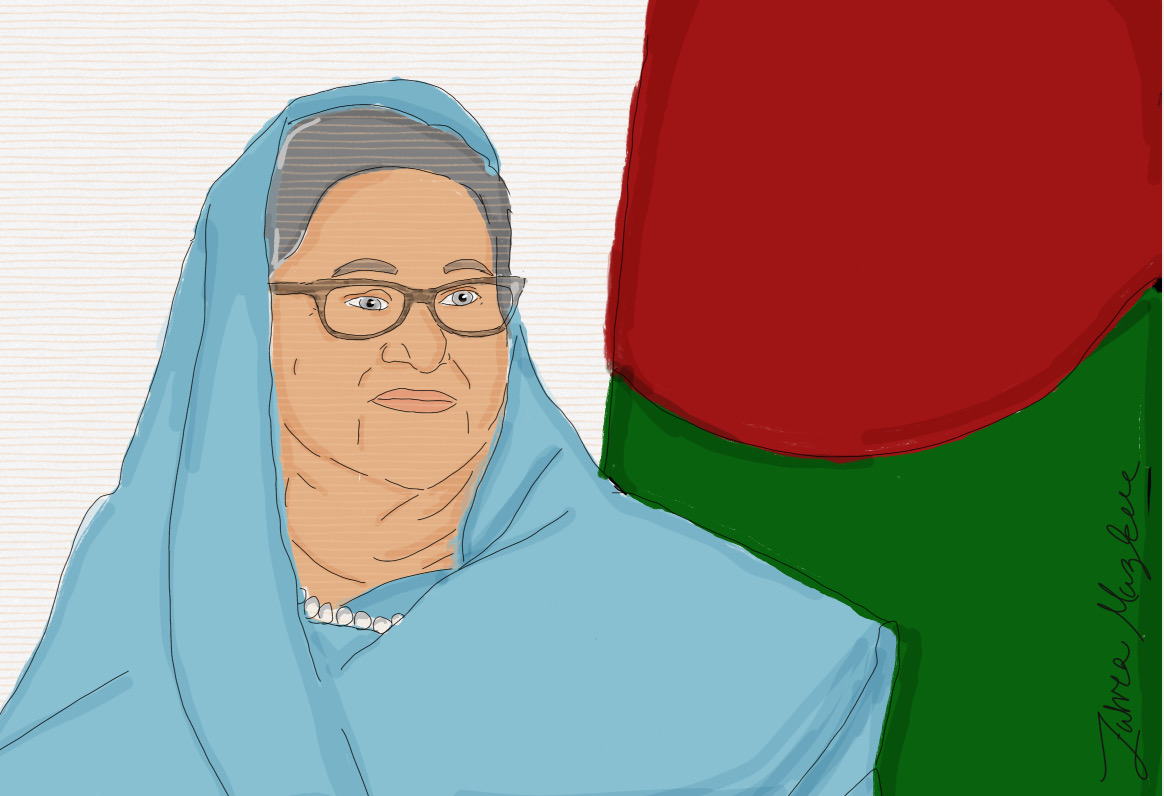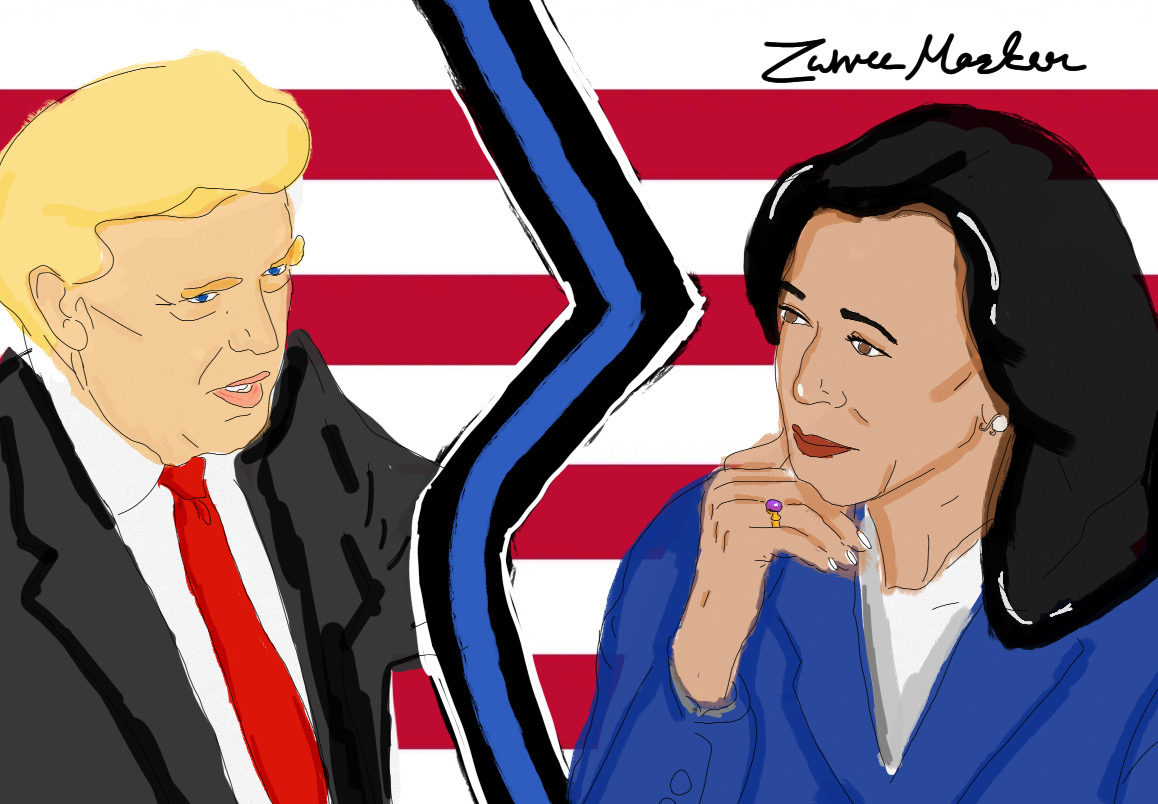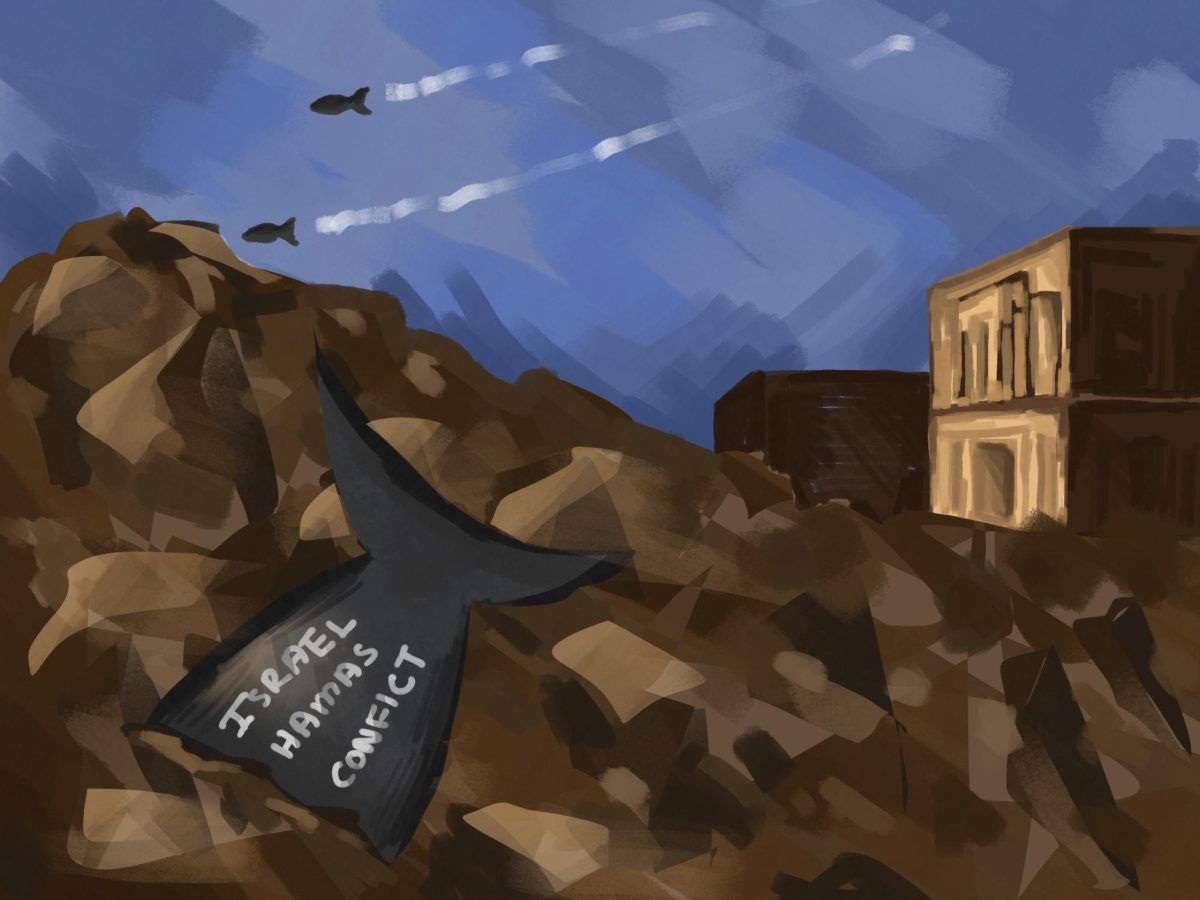This October marked the one year anniversary of the 2023 Hamas-led attacks on Israeli territory. Since then, much has changed. The Middle East has become plagued with rampant violence, military attacks and political instability. The Israel Defence Forces continue to wreak havoc on civilian-populated areas in the Gaza Strip, and the Israel-Palestine war itself has exacerbated other existing conflicts in the region, including with other regional terror groups like Hezbollah and the Houthis. The effects of the war may be felt in the U.S. as well, with countless protests supporting one side or another.
In a conflict like this, however, the only correct side to take is the side of humanity. Civilian punishment to uphold political values can never be humanely justified. There exists a stark contrast in rationalizing the conflict politically and doing so ethically. There are a variety of factors at play in this conflict, but the most morally defensible path is to ensure that the war ends as quickly as possible. However, the diametrically opposed political perceptions on the Middle East crisis have contributed to the deprioritization of basic human morality when evaluating its outcomes. There exists a fundamental problem, in essence, with how we perceive the Israel-Palestine war.
Students often learn about wars under the misnomer that there is necessarily a “good side” and an “evil side”. This significantly dilutes our collective understanding of wars in general. Specifically, by creating this one-sided view of moral justness, this misconception results in a biased understanding of conflicts; the actions of the preconceived “good side” may be viewed under a far less critical lens. For instance, the Pacific theater of the Second World War is often characterized as a triumphant American victory over Japanese imperial forces, which had committed atrocities across the Asia-Pacific. However, it is not very well-known that American soldiers would routinely mutilate deceased Japanese soldiers and take them home as war trophies, a phenomenon which appalled the global community at the time. In world history classes, students learn about the communist Khmer Rouge and the ruthless Cambodian genocide in the midst of the Vietnam War. However, we are not taught about the relentless civilian carpet bombing campaigns led by the United States within Cambodia (a neutral country at the time), which helped give rise to the brutal Cambodian dictatorship in the first place.
When this overly simplistic binary logic is applied to this conflict, similar moral problems arise regarding the involved state and non-state actors. Hezbollah, a terrorist group which has been in conflict with Israel near its northern border, has supported a violent theocratic resistance against all “Western ideals” in the country of Lebanon and in the Middle East. Furthermore, the Yemeni Houthis, who have also opposed the actions of Israel in the Gaza Strip, are infamous for their war crimes and human rights abuses. Despite the actions of these terrorist groups against Israel, the Israel Defense Forces are also responsible for a multitude of violations in international law. For instance, IDF forces have been known to target aid convoys attempting to supply Palestinian civilians with essentials like food. They have also destroyed hundreds of education centers in Gaza. That being said, it must be emphasized that opposition to Israeli military actions cannot be conflated with the support of terrorist organizations, and vice versa. This should go without saying; it definitely can be acknowledged that belligerents on both sides have committed indefensible acts during the war. Yet, given the traditional understanding of a war in “moral” terms, many people have understood this conflict under a rather narrow scope.
The clear subtleties and complexities of the conflict in the Middle East, however, should not cloud our basic moral reasoning. In the previous editorial on this topic, I discussed how the true amount of nuance in this situation cannot fully be captured with blanket statements. Though this statement still holds true, I do now disagree with my prior remarks that these nuances help understand the bigger picture. In fact, I now believe the opposite is true. To observe the bigger picture, it is necessary to zoom out, and thus detail and nuances will inherently be lost. The more we linger on these comparatively small details, the less action gets taken. Regardless of one’s views on geopolitical issues, religion, the historical context of the situation and the territoriality of states in the region, how does one morally justify Israeli forces unleashing 70,000 tons of explosives within the Gaza Strip in 200 days? As stated in the previous editorial, war is always destructive and simply does not directly contribute to any societal advancement. No amount of technicality can truly justify a conflict of this magnitude on an ethical basis, particularly when involving civilians. Proponents for the continuation of the military strife in the Middle East, irrespective of their opinions on Israel-Palestine relations in general, are misaligned with fundamental morality.
Of course, it may be argued that advocating for a war-free, pacifist global society is beyond idealistic. This is unequivocally true, as the balance of global power is extremely fragile, and conflicts regularly escalate. Sociopolitical divisions, like those between the Jewish and Arab populations in the area, will continue to exist, whether implicitly or explicitly, even if they are objectively harmful. Yet, we currently live in a world that is more interconnected than ever before. The developed world has access to the most advanced defensive military equipment that mankind has ever created. The first world also has considerable control over international peacekeeping operations, shaping global geopolitics. With all this power, shouldn’t we be able to use our military might as a preventative measure against violent conflict and civilian casualties?
Certainly, a country’s military actions must be aligned meticulously to fit the demands of the respective nation’s foreign policy, so a neutral intervention is not always feasible. However, there already exists an international peacekeeping force under the U.N. Yet, these forces are consistently underfunded and undersupplied. Though politicians condemn the ruthless wars and battles that rage on across the world, our massive military budgets are almost never allocated to further supporting these operations in order to broker peace and stop combat. Instead, copious amounts of money are spent on supplying either aggressor with military apparatus. How could we possibly claim any moral high ground in attempting to cease global conflict when we are funding the very weapons which obliterate civilian infrastructure, destroy cultural heritage and vaporize entire communities?
Furthermore, the modern era is the first time in world history that all nations and states are represented in a global effort to keep peace and coordinate international operations. As mentioned, the United Nations provides such a clear path to peacekeeping through diplomacy, yet diplomacy remains notoriously ineffective. Multiple humanitarian resolutions in Gaza were not passed due to the veto power of the Security Council. This is rather undemocratic for an international body hoping to represent international viewpoints. Of the nearly 200 states which comprise the organization, only five have the power to completely overrule any decisions made. This hegemony over international diplomatic power upheld by the U.N. continues to remain in the hands of arbitrarily chosen imperialist powers (notably, only two of the five most populous states in the world are actually represented permanently on the Security Council).
The United States is often characterized as the international arbiter for democracy and moral justice—a force of good. Does this title necessarily hold true when the U.S. continues to reject the decisions agreed upon by countless other nations? Does it hold true when the U.S. continues to advocate for the end of Palestinian suffering while funding Israeli military operations? Does it hold true when the U.S., the world’s most powerful nation, lets this crisis rage on as it makes forlorn attempts to end it through ineffective diplomacy? Does it hold true at all?
The bottom line is that attempting to assign any sort of moral objectivity or justification to the conflict in Gaza, whether by an individual or a state, is futile when the conflict itself has no ethical basis. The only path forward is peace, and this peace cannot be achieved through passive means. As a unified international community, our primary goal should be to end the conflict in any way possible, and to minimize any and all suffering. This is our moral duty.































